Academic Life
We believe that everyone can play a role in making the world a better place, whichever path they choose.
So we offer a challenging and broad education that will help you get the qualifications you need, to get the life you want for yourself and make the changes you want to see for others.
Every year, students apply to UWC because they want a challenge that takes them out of their comfort zone. To open their minds to new perspectives, and discover new skills and talents.
It’s a rigorous experience, but it’s one that could change how you see the world.
Read on to find out how you can take on this experience through either the International Baccalaureate Diploma Programme (16-19 year-olds), International Baccalaureate Career-related Programme (16-19 year olds) or Younger Years programme (2-15 year-olds).
International Baccalaureate Diploma Programme (16-19 year-olds)
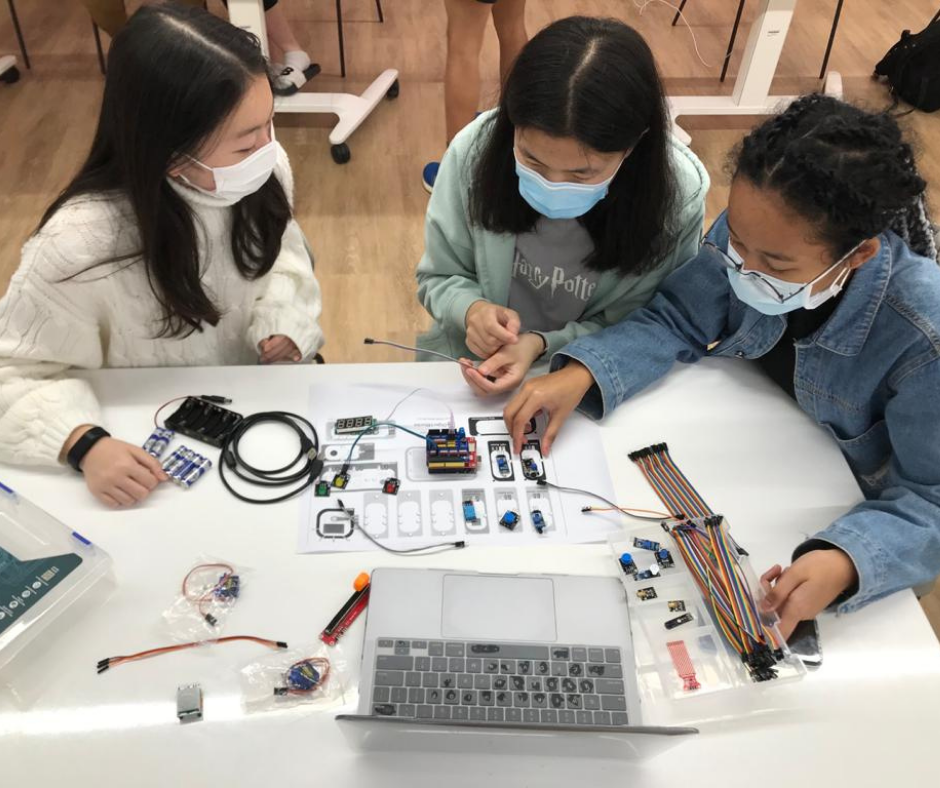
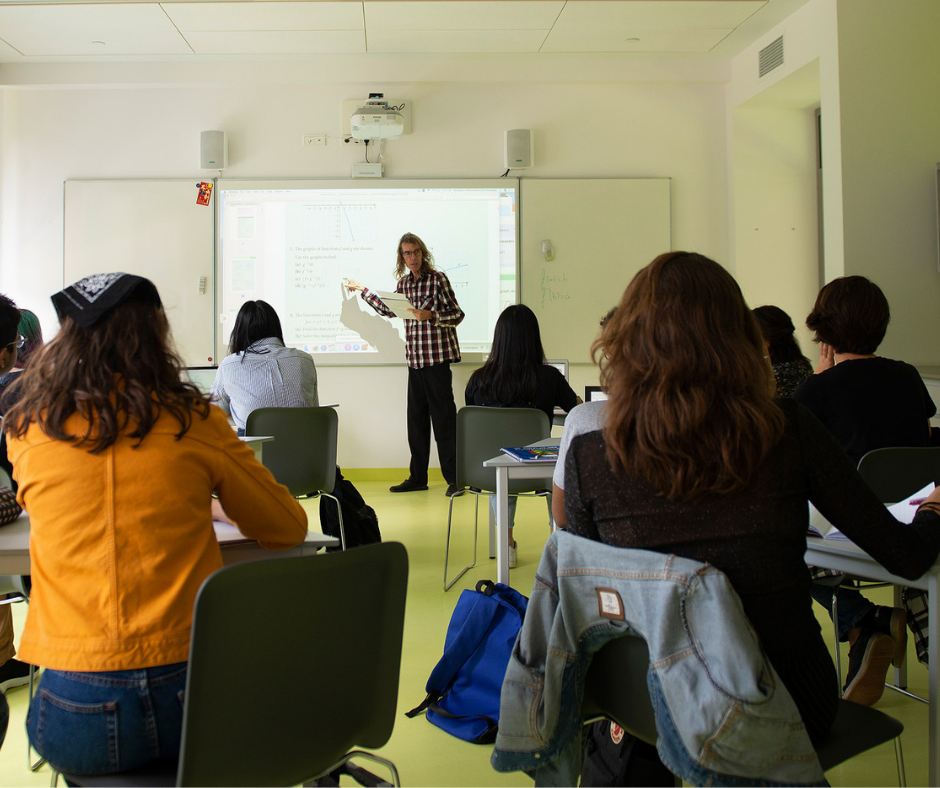
Most students attending UWC between the ages of 16 and 19 take the International Baccalaureate Diploma Programme (IBDP), which is offered at all UWC schools and colleges. It’s a challenging curriculum that allows students to explore a range of subjects and ideas, while learning about the importance of activity and service in the community.
In fact, UWC played a key role in crafting the IBDP back in the 1960s, and the ties between the IB Organisation and UWC remain close decades later.
The IBDP aims to “encourage students across the world to become active, compassionate and lifelong learners who understand that other people, with their differences, can also be right.” It’s respected in the best universities worldwide for its focus on service, communication, teamwork, leadership and critical thinking.
"Although the IBDP was quite overwhelming at times and there was a lot to be learned, overall it made me a lot more confident and taught me how to study. My first year at college felt much easier than my second year of IBDP. I’m much more sure of the things I say because I research them, and I’m so much better at writing."
Which subjects can students take for the IBDP?
IBDP students choose a course from each of the following six subject areas:
- Studies in Language and Literature
- Language Acquisition
- Individuals and Societies
- Sciences
- Mathematics
- The Arts (instead of a course in the arts, students can opt to study another science, individuals and societies, or a language acquisition subject)
Students generally study three subjects at standard level and three subjects at a higher level. At a higher level they are expected to demonstrate a greater body of knowledge, understanding and skills. Subjects may vary between UWC schools, often reflecting their geographic location and focus areas.
As well as the six subject areas, students complete three core parts of the International Baccalaureate Diploma Programme which are central to the philosophy of the programme. These are:
Extended Essay (EE)
Students investigate a topic of special interest, and develop the independent research and writing skills required at university level. The essay is typically written in one of the student’s six subject groups and must be no more than 4,000 words in length. Students are supported in the research and writing process by an academic supervisor.
Theory of Knowledge (TOK)
The course encourages students to reflect on the nature of knowledge, on how we know what we claim to know. It is assessed through an oral presentation and a 1,600-word essay.
Creativity, Activity, Service (CAS)
Taking responsibility, developing social, creative and outdoor skills, as well as learning to approach others with empathy are at the heart of the programme. Students engage in a variety of projects that aim to help them develop these skills, while at the same time actively engaging with their local community.
International Baccalaureate Career-related Programme (16-19 year-olds)
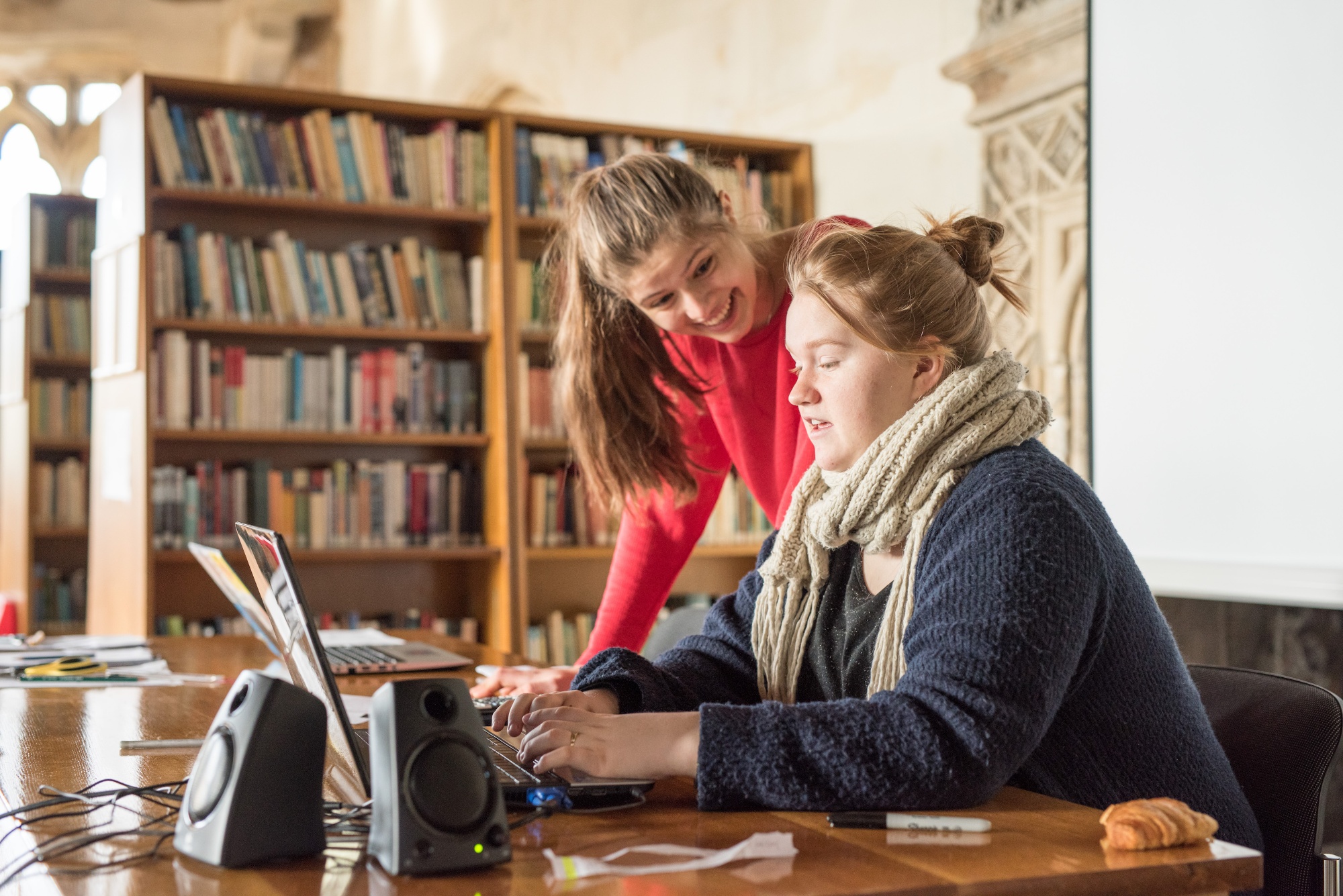
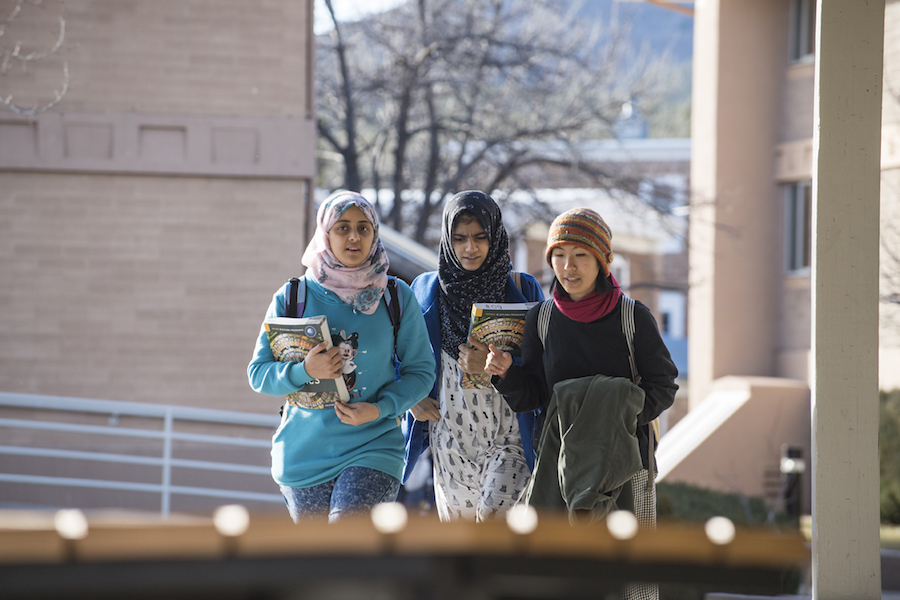
Alongside the IBDP, some UWC schools and colleges also offer students aged 16 to 19 the International Baccalaureate Career-related Programme (IBCP).
Like the IBDP, the IBCP is a rigorous educational programme that prepares students with the skills and knowledge to make a difference now and in their future, whatever they choose to do next. And just like the IBDP, it is a curriculum that is highly valued by universities worldwide.
What makes the IBCP unique is that - unlike the IBDP - it offers students the opportunity to specialise in a specific field. If you have a desire to pursue a certain career or gain skills and hands-on experience in a particular area, this might be the right path for you.
Components of the IBCP
IBCP students undertake a minimum of two IBDP courses, a career-related study and an IBCP core:
- IBDP courses provide the theoretical underpinning and academic rigour of the programme. IBCP students take a minimum of two IBDP courses, chosen from six main subject areas: Studies in Language and Literature; Language Acquisition; Individuals and Societies; Sciences; Mathematics; and The Arts.
- The career-related study further supports the programme’s academic strength and provides practical, real-world approaches to learning. It prepares students for higher education, internships or an apprenticeship, or a position in a particular field of interest. This is going to look different at each individual school, which creates its own distinctive version of the curriculum in line with its local context and the needs of its students.
- The IBCP core is designed to create a bridge that connects each student’s chosen IBDP courses and career-related study. It includes four components: personal and professional skills, service learning, language development and a reflective project.
Schools offering the IBCP
Pearson College UWC - Climate Action Leadership Diploma (CALD)
Within the IBCP programme framework, Pearson College UWC developed its unique two-year Climate Action Leadership Diploma (CALD), tailored to students with a passion for addressing climate change and environmental stewardship. Alongside taking two to three IBDP courses, CALD students embark on climate action leadership studies developed in conjunction with regional universities. The programme incorporates place-based and Indigenous knowledge and environmental stewardship as well as bespoke programming, microcredentials and field school. CALD students are full members of the Pearson College UWC community, participating in all areas of UWC experience alongside their IBDP peers, while following a parallel academic path.
UWC Maastricht - Business and Sustainability, and Music
Within the IBCP programme framework, UWC Maastricht has designed multiple pathways in partnership with reputable institutions:
- Business and Sustainability - in partnership with the Sustainable Management School (SUMAS) in Switzerland, the curriculum includes a range of topics such as hospitality, the fashion industry and sustainable leadership, which students take alongside two to four IBDP subjects of choice.
- Music - talented musicians aspiring to a career or further studies in Music will be able to audition for a place on the Junior Classical or Jazz programmes with UWC Maastricht's educational partner, the Conservatorium Maastricht. Students will take weekly lessons with the Conservatorium and be involved with workshops, masterclasses, rehearsals and performances to improve their musicianship. These will happen mainly on Saturdays, leaving most of the rest of the week free to study a choice of IB Diploma subjects and complete the IBCP core components.
IBCP students are full members of the UWC Maastricht community, participating in all areas of UWC experience alongside their IBDP peers, while following a parallel academic path. IBCP students are also encouraged to further develop their talents through student-led initiatives, conferences, social entrepreneurship programmes, community services, outdoor learning, project weeks and music lessons.
Younger Years (2-15 year-olds)
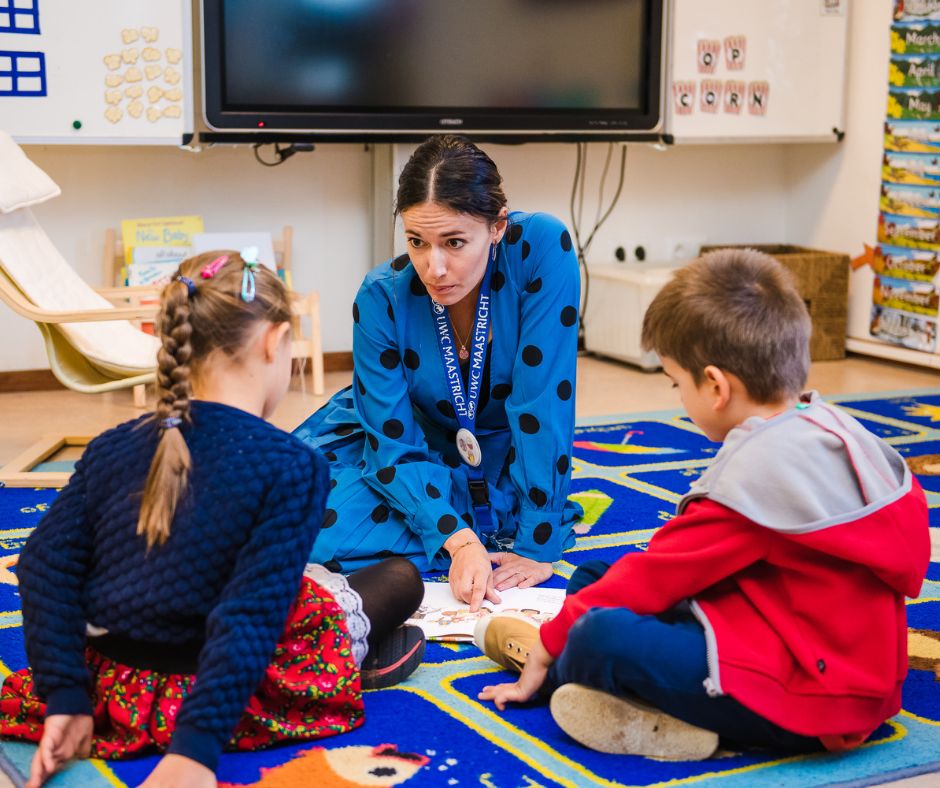
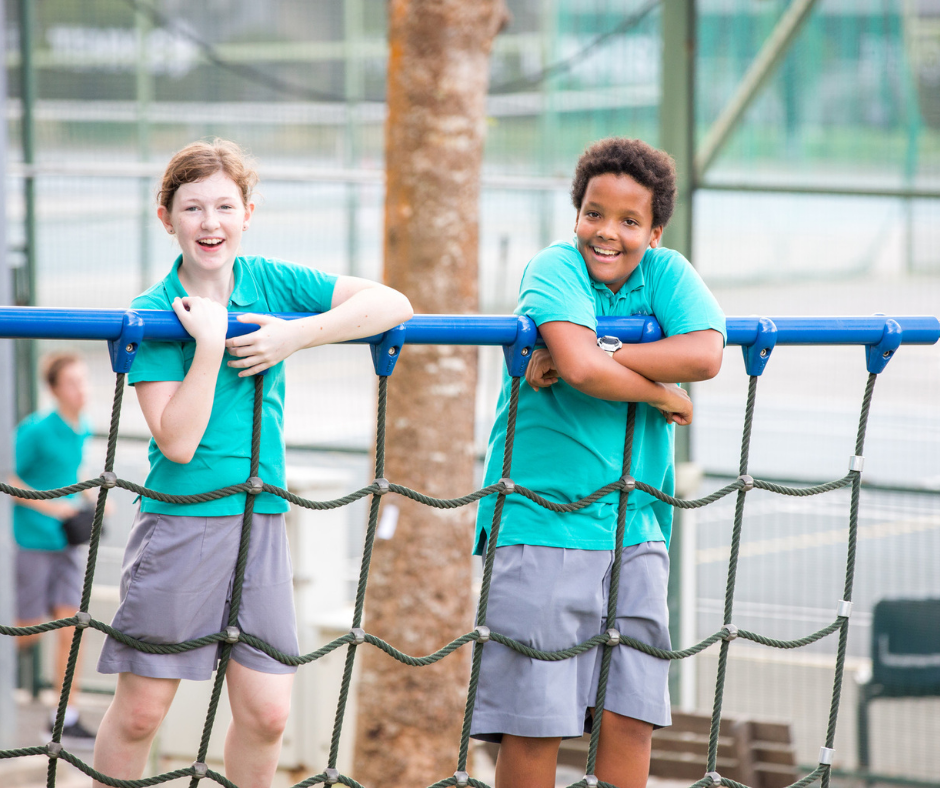
A number of UWC schools and colleges welcome students from younger age groups, ranging from 2 to 15 years old. These younger years programmes run in addition to the IBDP that is offered at all UWC schools and colleges for learners aged 16-19.
Students in the younger years are immersed in age-appropriate educational programmes that align with UWC’s mission to make education a force for peace and a sustainable future.
Academically, they are equipped for the rigours of the IBDP at UWC, should that be the path they follow later on their educational journey. But far beyond this, students from 2 to 15 learn to be active, aware contributors in their school, their local communities and in wider society through hands-on, values-driven and holistic learning programmes. They are emboldened to question, create and engage, and to develop strong social, emotional and creative skills for their lives beyond UWC.
Most UWC schools with younger years provision have a mix of residential and non-residential students on campus. The age at which students can begin living on campus as boarding students depends on each school. This means that campus spaces are shared between those who attend classes but live with their families outside of campus and those who live in one of the residencies on campus. When it comes to those UWC schools that exclusively offer high school programmes for the 15-19 age range, all students live and learn together on campus as boarding students.
Schools with younger years provision
UWC Changshu China (China)
UWC Changshu China welcomes boarding students between the ages of 15 and 19. The school offers 15 year-olds the opportunity to enrol in a one-year long Foundation Programme in preparation for the IBDP (16-19 year-olds).
UWC East Africa (Tanzania)
UWC East Africa welcomes students between the ages of 3 and 20 on its two campuses, Arusha and Moshi. The school offers the IB Primary Years Programme (PYP) to 3-11 year-olds, the IB Middle Years Programme (MYP) to 11-16 year-olds, and the IBDP to 16-20 year-olds. While Moshi Campus hosts both day students and boarding students for all three programmes, Arusha Campus accepts day students enrolled in the PYP and MYP, and both day students and boarding students in the IBDP years.
UWC ISAK Japan (Japan)
UWC ISAK Japan welcomes boarding students between the ages of 15 and 19. 15 year-old students can join the school as part of its 3-year high school programme, which emphasizes its flagship Leadership Programme in Grade 10, before merging with the 2-year IBDP in Grade 11 (16-19 year-olds).
UWC Maastricht (the Netherlands)
UWC Maastricht welcomes students between the ages of 4 and 19. UWC Maastricht Primary School caters to 4-11 year-olds, while UWC Maastricht Secondary School offers the IB Middle Years Programme (MYP) to 11-16 year-olds, and the IBDP and the IBCP to 16-19 year-olds. The majority of UWC Maastricht's students are day students and they live with their families in the region. Only IBDP and IBCP students can live on campus as part of the residential programme, and most of them do.
UWC South East Asia (Singapore)
UWC South East Asia welcomes day and boarding students aged 4-18 years to two campuses, Dover and East. UWC South East Asia's concept-based K-12 curriculum prepares students of all ages for their future by linking their learning in universal concepts to their real-world experiences in Singapore. New students can join the school at any grade in Primary (4-11 years), Middle (12-14 years) or High School (15-17 years), and can graduate with both a UWCSEA High School Diploma and an IB Diploma.
UWC Thailand (Thailand)
UWC Thailand welcomes students between 2 and 18 years of age. The Early Years Programme consists of play-based learning for the youngest students who are between 2 and 5 years old. The school also offers the IB Primary Years Programme (PYP) to 3-12 year-olds, the IB Middle Year Programme (MYP) to 11-16 year-olds, and the IBDP to 16-19 year-olds. The boarding programme at UWC Thailand is open to students in grades 9-12, which cover the last two years of MYP and the IBDP. Day students are eligible to enroll at all grade levels if they are full-time residents in Phuket.
Waterford Kamhlaba UWC of Southern Africa (Eswatini)
Waterford Kamhlaba UWC of Southern Africa welcomes day and boarding students between the ages of 11 and 19. Students aged 11-15 attend Lower Secondary School and follow the school’s own curriculum. Students aged 15-17 are offered the Cambridge IGCSE programme, and students aged 17-19 study the IBDP.
Please note that attending a UWC school during the younger years does not automatically grant students a place at UWC to study the IBDP later in life. All schools offering younger years programmes carefully monitor each individual student's progress to ensure that the rigorous IBDP followed as part of the two-year programme for 16-19 year-olds is the right course of study for them.
Please contact the school of your choice for more information about younger years provision.
